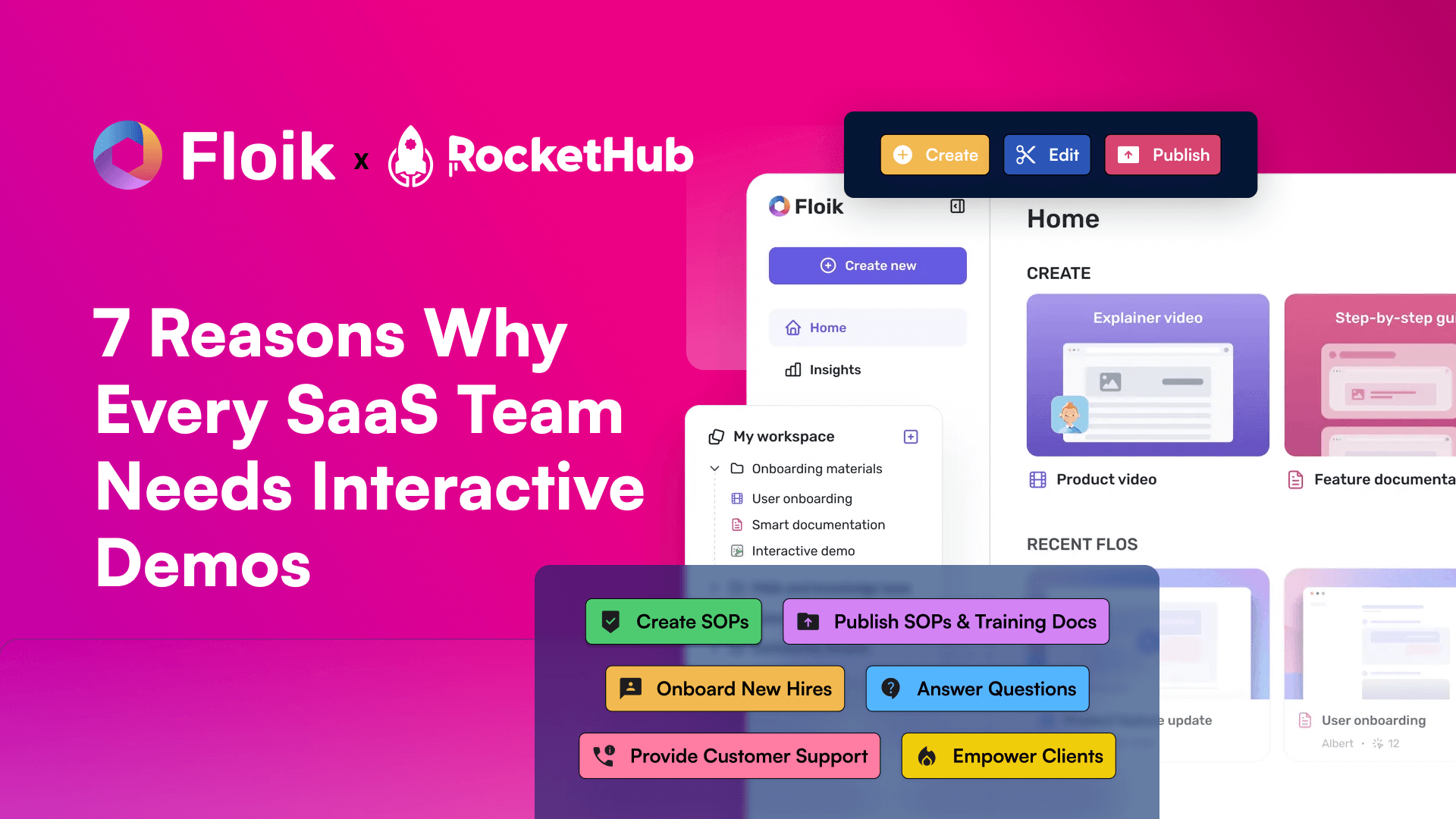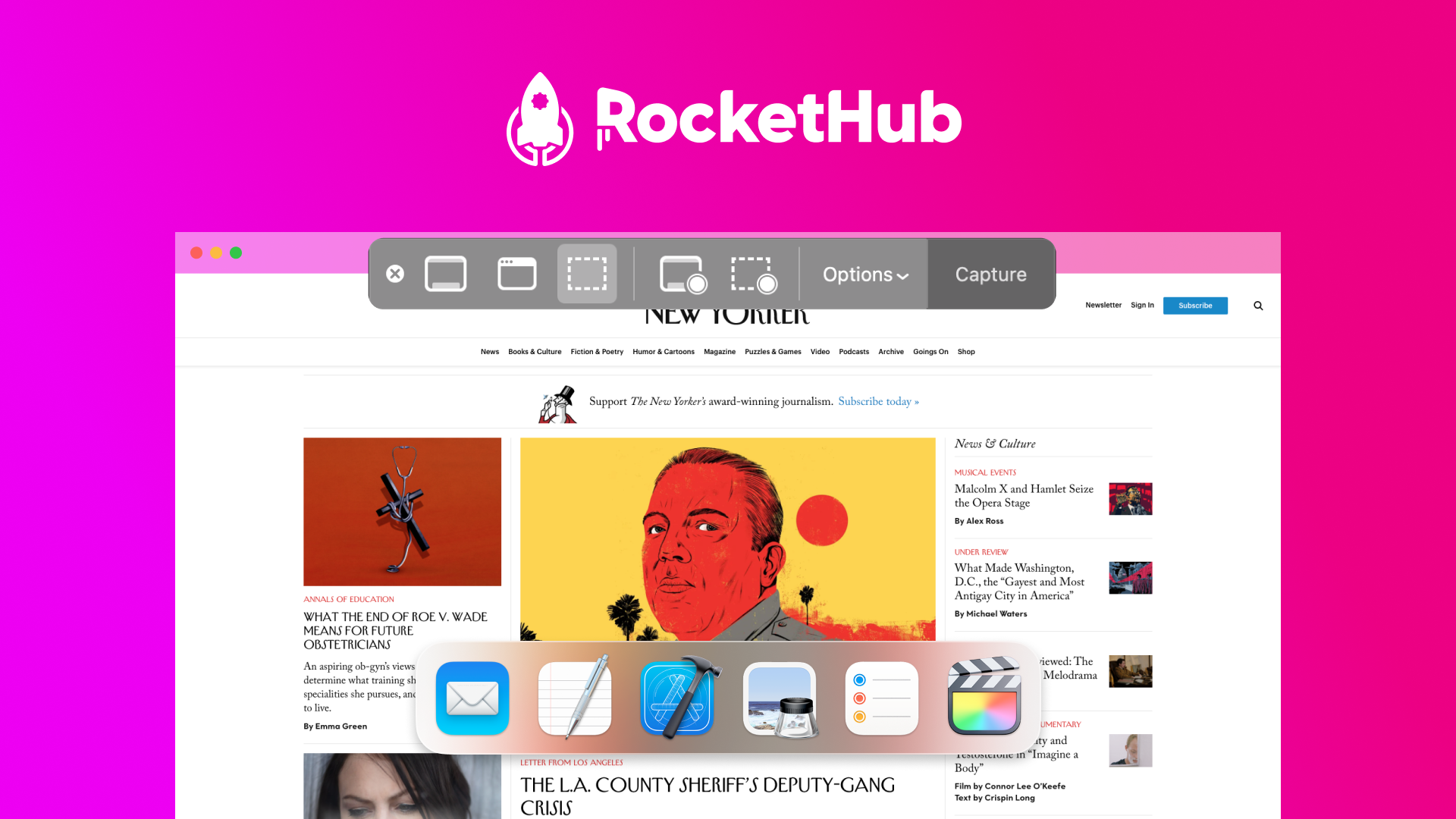
3 Awesome Strategies For Dealing With Startup Competition
- Angel Alfred
- April 25, 2023

It’s important to remember that competition isn’t always a bad thing, as it can help drive innovation and improve the overall quality of products and services. However, too much competition can be overwhelming and make it difficult for your startup to stand out from the crowd. That’s why it’s crucial to have a solid plan in place for dealing with startup competition. In this blog post, we’ll be discussing three key strategies for handling startup competition.
What is Startup Competition?

A startup competition is an event where entrepreneurs pitch their ideas and businesses to a panel of judges or investors in hopes of winning prize money, funding, and other resources to help them grow and scale their startups. These competitions can take place at the local, national, or even international level, and they provide a platform for startups to showcase their innovations and connect with potential investors, mentors, and customers.
The format of startup competitions can vary, but they typically involve a series of rounds where startups pitch their business plans, products, or services to a panel of judges or investors. The judges evaluate each pitch based on criteria such as market potential, business model, team experience, and innovation. After several rounds of eliminations, the judges choose a winner or a group of winners who receive prizes, such as funding, mentorship, office space, and other resources that can help them grow their business.
Startup competitions can be an excellent opportunity for entrepreneurs to get exposure, feedback, and funding for their startups. They can also help startups gain credibility and validation in the market, which can be crucial for attracting investors and customers.
Read: 5 Reasons Why SaaS Startups Fail
3 Strategies For Dealing With Startup Competition
The below-given strategies will help you navigate the competitive landscape and position your business for success. Whether you’re just starting out or have been in the game for a while, these tips will help you stay ahead of the curve and establish your brand as a leader in your industry.
Strategy 1: Differentiation
highly competitive business landscape, it is critical for startups to differentiate themselves from their competitors to stand out and succeed. Differentiation is the process of distinguishing a company’s products or services from those of its competitors by offering unique features, benefits, or value propositions that make them more appealing to customers. By differentiating themselves, startups can attract new customers, build brand awareness, and increase market share.
One of the most common ways for startups to differentiate themselves is by offering unique features or benefits that their competitors do not. For example, a startup selling a health and wellness app might offer personalized coaching sessions with certified health coaches to differentiate themselves from other apps that only provide generic workout plans.
Another way to differentiate is by targeting a specific niche or demographic. For instance, a startup that focuses on sustainable fashion for plus-size women could gain a loyal following by catering to a specific group of customers that is often underserved by mainstream fashion brands.
It is important to note that differentiation is not a one-time event but a continuous process that requires ongoing innovation and improvement. As competitors catch up and start offering similar features or targeting the same niche, startups must continue to differentiate themselves by introducing new products, services, or value propositions that set them apart.
For instance, the health and wellness app mentioned earlier might add new features like meal planning or meditation sessions to stay ahead of the competition.
Strategy 2: Collaboration
Collaborating with competitors may seem counterintuitive, but it can actually offer several benefits to both parties involved. One potential benefit is the sharing of resources. By collaborating, competitors can combine their resources and expertise to create better products or services.
This can also help to reduce costs, as they can split expenses such as research and development or marketing efforts. Another benefit is the opportunity to reach new markets. Collaborating with a competitor may allow access to new markets that were previously difficult to enter alone.
When approaching potential competitors with collaboration proposals, it is important to be transparent and clear about your intentions. Start by identifying common interests and goals. Highlight how collaboration can benefit both parties and address any potential concerns. Emphasize the importance of trust and confidentiality in any collaborative effort. Be willing to compromise and find ways to create win-win situations.
There have been several successful collaborations between startups in the past. For example, Uber and Spotify partnered to create a feature that allows passengers to stream their own music during rides. This collaboration not only improved the passenger experience but also helped to increase Spotify’s user base. Another example is the collaboration between Airbnb and WeWork.
Airbnb offered WeWork’s shared office spaces as meeting locations for its hosts, providing a more professional setting for them to conduct business. This collaboration not only benefited both companies but also provided added value to Airbnb’s hosts.
Strategy 3: Focus on Customer Needs
Understanding and meeting customer needs is crucial for the success of any business, especially in the face of competition. With the rise of technology and digitalization, customers have more choices than ever before. Therefore, businesses must differentiate themselves by providing exceptional customer service and meeting the unique needs of their customers.
Understanding customer needs is the foundation of any successful business strategy. By knowing what customers want and need, companies can create products and services that meet their requirements and stay ahead of their competitors.
Startups can gather customer feedback in several ways, such as through surveys, focus groups, social media, and customer service interactions. Surveys can be conducted online, in-person, or through email, and can help startups to collect feedback from a large number of customers quickly.
Focus groups can be a more in-depth way to gather feedback by bringing together a small group of customers to discuss their opinions and experiences.
Social media is an excellent tool for startups to engage with customers, gain insights into their needs, and respond to their queries and concerns. Finally, customer service interactions provide an opportunity for startups to receive direct feedback from customers and understand their pain points.
Once startups have gathered customer feedback, they must incorporate it into their product or service offerings. Startups should analyze the feedback they receive and use it to improve their products and services continually.
For example, a startup that provides an online platform for buying and selling second-hand goods may receive feedback from customers that they want a more user-friendly interface. The startup can use this feedback to make improvements to their website and offer a better user experience, which will help them to stand out from their competitors.
Finally, startups must emphasize the need for continuous improvement based on customer feedback to stay ahead of their competitors. The business landscape is constantly changing, and customer needs are continually evolving.
Startups must continually adapt to these changes by gathering customer feedback, analyzing it, and making changes accordingly. By doing so, they can differentiate themselves from their competitors and offer products and services that meet the evolving needs of their customers.
Conclusion
Dealing with competition is an inevitable part of running a startup, but it doesn’t have to be a nightmare. By implementing the three strategies discussed in this post – differentiating your product or service, focusing on customer relationships, and collaborating with your competitors – you can navigate the challenges of competition and position your startup for success.
Share This Post
Angel Alfred
Angel is a digital marketer, a mental health speaker, and above all, a writer. She loves being a part of the RocketHub team and is keen on learning and taking over new challenges every day!
Table of Contents
Get The Latest Updates
Subscribe To Our Weekly Newsletter
Sign up below to be one of the first crew members onboard and get early access to amazing deals.
Recent Posts


Social Media
Categories
Related Posts

Lifetime Deal Platforms
The best lifetime deal platforms for software. Platforms lik RocketHub scour the web for the highest quality products to bring buyers the best lifetime deals on their platform.

How to Work for Yourself + 13 Solo Business Ideas
Do you ever wonder if being your own boss could truly set you free? In this article, we’ll explore the theory that unleashing entrepreneurial freedom

7 Reasons Why Every SaaS Team Needs Interactive Demos
Making a Case for Interactive Demos: 7 Reasons Why Every SaaS Team Needs Them Let me paint a scenario for you. You want to buy


